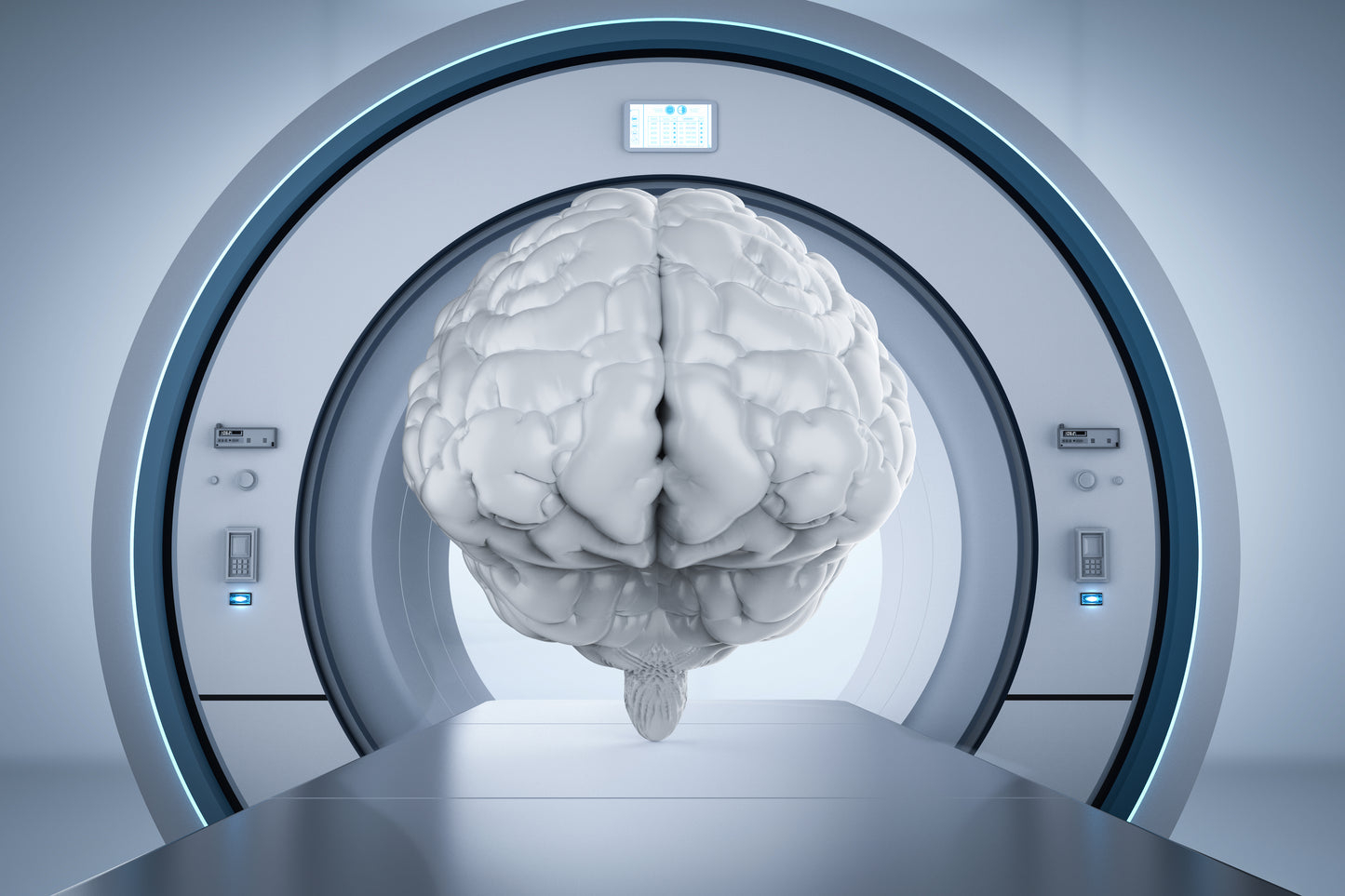Capital
CT Scan BRAIN / HEAD
CT Scan BRAIN / HEAD
Couldn't load pickup availability
A CT (Computed Tomography) scan of the brain/head is a highly detailed imaging test that uses X-ray technology and computer processing to create cross-sectional images of the brain and surrounding structures. This scan is commonly used to diagnose injuries, detect abnormalities, and assess various brain conditions.
Why is a CT Brain Scan Done?
A CT scan of the brain/head is recommended for multiple reasons:
- Diagnosing Injuries: Used to detect bleeding, fractures, or brain damage after head trauma.
- Detecting Strokes: Helps identify signs of stroke, blood clots, or brain swelling.
- Identifying Tumors: Provides detailed images to locate tumors, cysts, or other growths.
- Assessing Headaches: Assists in understanding causes of severe, persistent headaches or neurological symptoms.
- Detecting Infections: Used to identify infections like encephalitis or brain abscesses.
- Evaluating Neurological Symptoms: Helps explain symptoms like dizziness, seizures, sudden vision changes, or difficulty speaking.
How Does a CT Brain Scan Work?
During the scan, the patient lies on a table that slides into a doughnut-shaped machine. The machine takes multiple X-ray images from different angles around the head. These images are then compiled to create cross-sectional views of the brain, allowing doctors to view specific areas in detail. The procedure is painless and typically takes 10-15 minutes.
Types of CT Brain Scans
- Non-contrast CT Scan: No contrast material is used. Useful for detecting bleeding, fractures, and certain types of stroke.
- Contrast-enhanced CT Scan: A contrast dye is injected into a vein to enhance image clarity. Ideal for identifying tumors, blood vessels, and detailed brain structure.
Preparation for a CT Brain Scan
- For non-contrast scans, no special preparation is typically needed.
- If contrast is used, you may need to avoid eating or drinking for a few hours before the scan.
- Inform your doctor about any allergies, especially to iodine or contrast dye.
Benefits and Risks
Benefits:
- Non-invasive and quick with minimal preparation.
- Provides high-resolution images for accurate diagnosis.
- Essential in emergency situations for rapid diagnosis of injuries and stroke.
Risks:
- Low exposure to radiation, although generally safe.
- Possible allergic reactions to contrast dye (rare and manageable).
CT Brain Scan Services at MyDoctorLab
At MyDoctorLab, we offer precise and safe CT brain/head scans with state-of-the-art technology. Our skilled radiologists and technicians ensure quality imaging and fast reporting for quick diagnosis and effective treatment.
Book a CT Brain Scan with MyDoctorLab today for reliable, expert-backed imaging services tailored to your health needs.
Share


